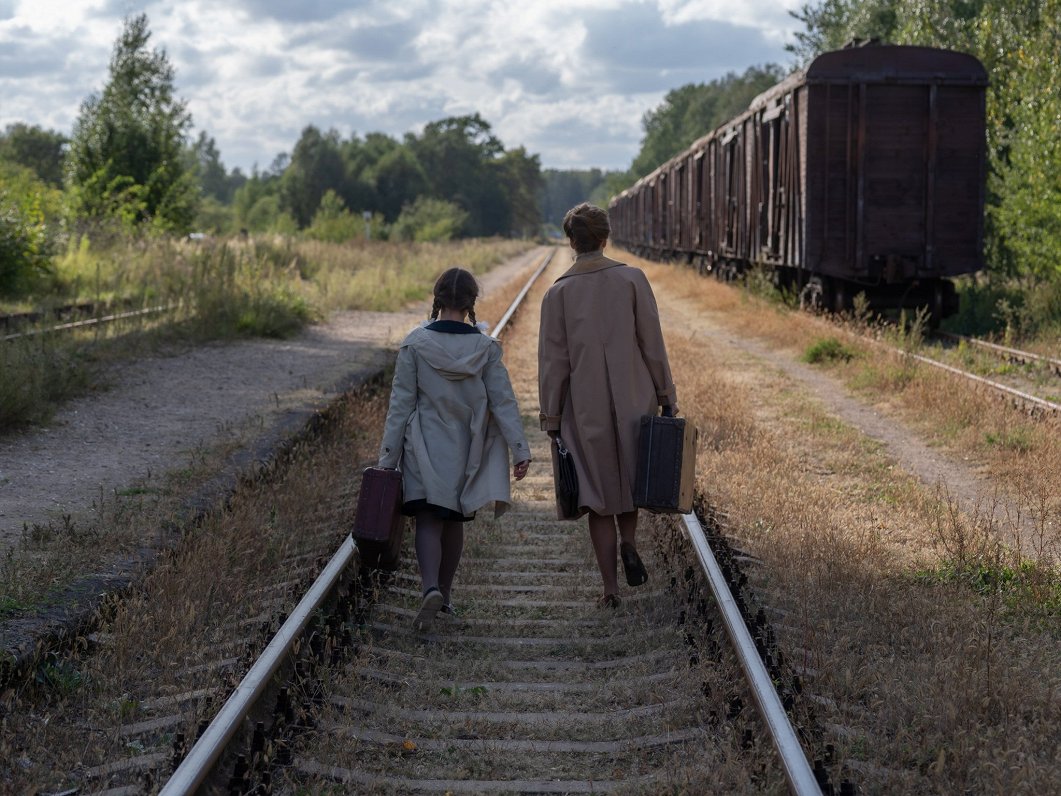

Probably leaves were falling, and our bad-tempered concierge raked them up in the courtyard. It’s a kind of boundary month, at least in the climate of this latitude, where seasons change slowly and autumn only gradually gives way to winter. I do remember, or at least I can picture, the golden, tender calm of October, alternating with forebodings of a long period of darkness.


Her mental state, though, was not so healthy, as I learned later. My mother was twenty-five, young and healthy. Not particularly long, nor particularly short, with the last contractions coming every five minutes. It’s likely that I was well positioned in my mother’s womb because the birth was normal. There are people who swear they remember their birth. How to communicate the nuanced differences of voice of the two protagonists, mother and daughter, as they alternate in telling their story? How to faithfully present the backdrop of the novel of Soviet-occupied Latvia with its often absurd, mind-numbing and destructive day-to-day in order to understand its impact on the protagonists and the development of the tragic events? Given the novel’s substantial biographical aspect, I felt a particular responsibility to render the many overwhelmingly sad moments in the narrative with the sensitivity they deserved. Nora Ikstena’s magnificient Soviet Milk was most worthy of my efforts as a translator in tackling its inherent challenges.


 0 kommentar(er)
0 kommentar(er)
